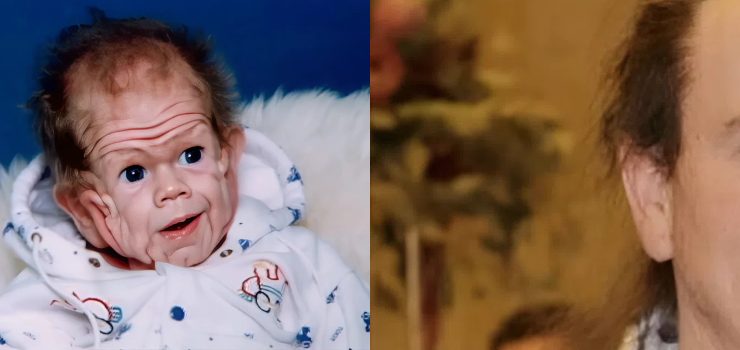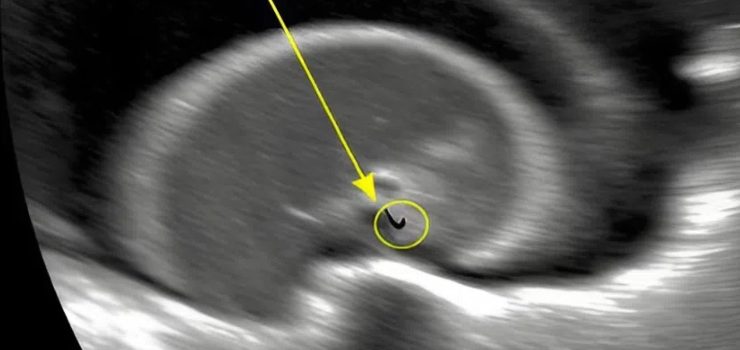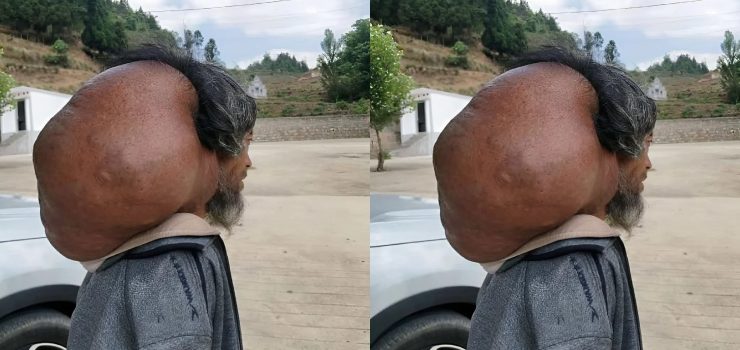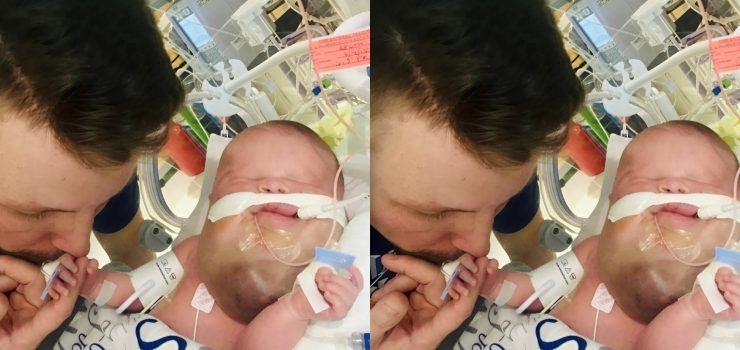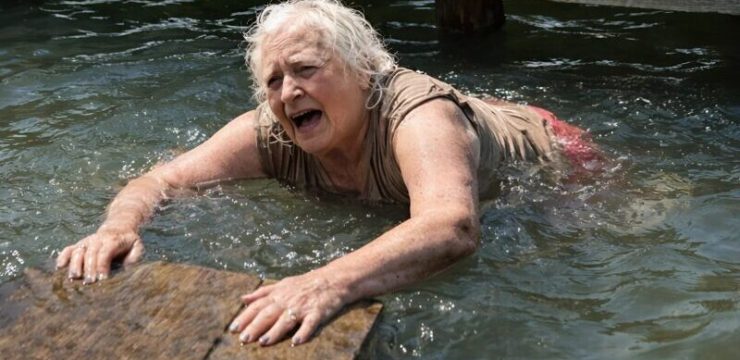To most people, the old rusty chain sticking out of the sand looked like trash, nothing more than a forgotten relic eaten by time and saltwater, but to thirteen-year-old Adam, it held the promise of a better life—a shot at breaking free from the grip of poverty that had shaped every part of his childhood.
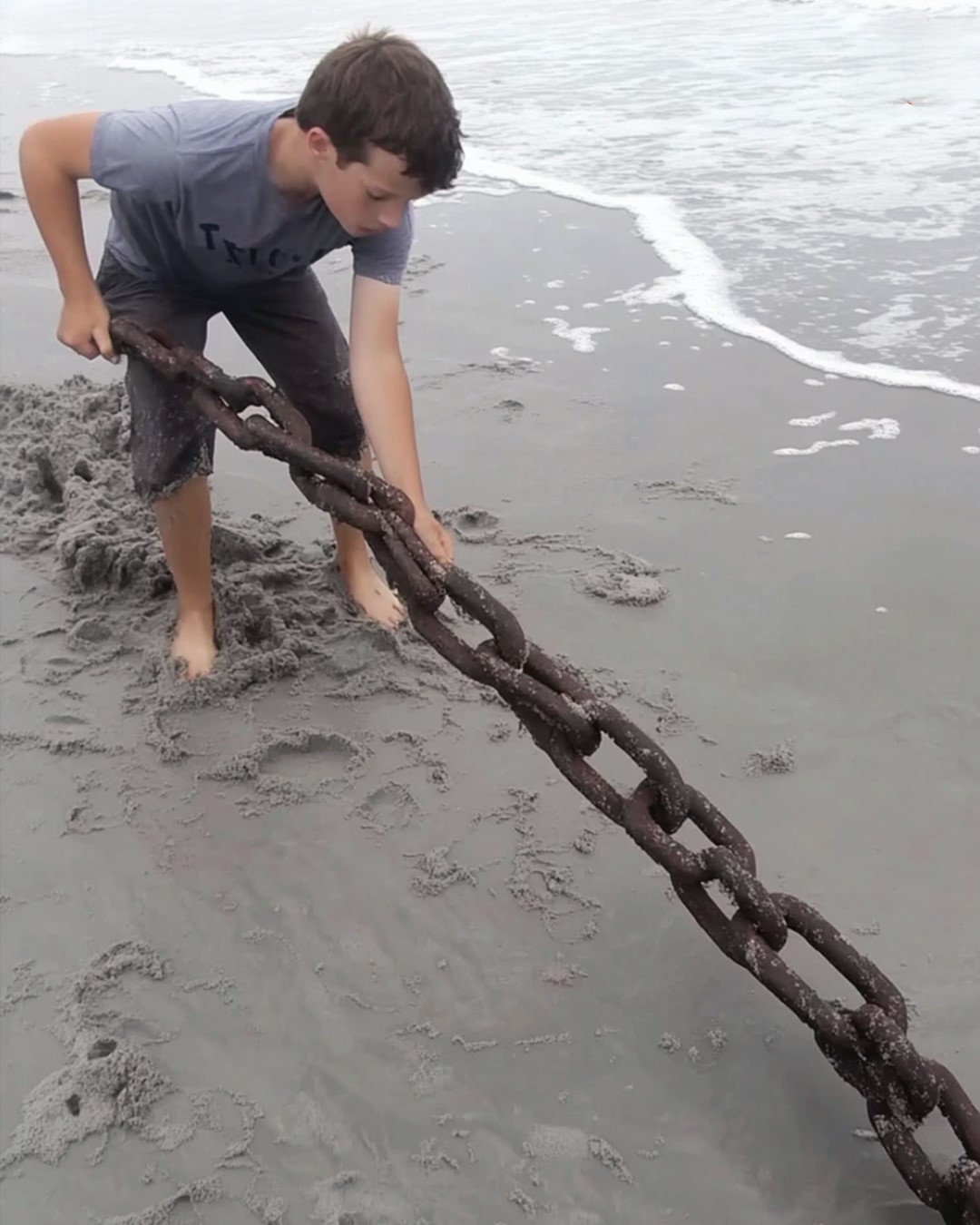
What Adam didn’t know was that tugging on those rusty links would lead not to a chest full of riches, but to a far more lasting reward: a lesson in perseverance, hard work, and the quiet wisdom of his grandfather. When Adam was just three years old, a violent storm sent his parents’ car off a coastal highway, ending their lives in an instant. He didn’t understand much at the time, only that his mom and dad weren’t coming back.
From that moment on, his grandfather Richard became his entire world—his family, his teacher, his guide through life. “You and me, kiddo,” Richard often said as he ruffled Adam’s sandy hair, “That’s all we’ve got, and that’s more than enough.” And for a while, it truly was. They lived in a small house near the sea where Richard worked odd jobs to make ends meet. Life was hard, but it had its joys—fishing trips, stories under the stars, simple meals cooked over an old stove. As Adam got older, though, he started to notice the toll life had taken on his grandfather. He saw the exhaustion on his face, the pile of unpaid bills, and eventually the day the bank took their house.
With his last bit of savings, Richard bought a rundown trailer, and they moved in, their lives reduced to the bare essentials. Yet even then, Richard remained optimistic. “We’ve still got a roof and the ocean,” he said with a wink. “A lot of folks don’t even have that much.” Without money for school, Adam was homeschooled by life itself. Richard taught him everything he could—from how to fix broken tools to how to read the sky and sea. They charted constellations together, named clouds, and imagined steering ships through the night. Still, Adam often stared toward the town’s glowing lights, wondering what life might be like with school, friends, and a little bit of normal.
One evening, seeing the longing in Adam’s eyes, Richard suggested they explore a secluded cove the next morning. “There’s treasure in places like that,” he said with a grin. “Stuff you can’t learn in any classroom.” “Can we take the metal detector?” Adam asked, though they both knew the batteries had been dead for months. “Absolutely,” Richard replied. “We’ll be treasure hunters.” The next day, they packed simple lunches and set out. The rocky beach was deserted, just like Richard said. They searched for an hour before Adam saw something strange near the waterline—a thick rusted chain poking up through the sand. Heart pounding, he yanked at it. “Grandpa! Come look!” Richard inspected it and nodded. “That’s a real find.” Adam’s mind lit up with dreams of buried treasure. “Do you think it leads to something valuable?” “Oh, it’ll make you rich,” Richard said with a twinkle in his eye. That night, Adam could barely sleep. At dawn, he returned with a shovel and began to dig. For five grueling days, he worked through sunburn, blisters, and sore muscles, determined to reach whatever lay at the end. Richard watched quietly each evening, offering encouragement. On the sixth day, Adam unearthed the full chain—over a hundred feet long. But at the end, there was nothing. No chest, no coins, just more rusted steel. Furious and crushed, Adam dragged it home. “There’s nothing! It’s just a stupid chain!” he cried. Richard didn’t flinch. “That chain’s steel, and steel has value,” he said. “We’ll take it to the scrapyard tomorrow.” “But it’s junk,” Adam muttered. “You didn’t find treasure, but you earned something more important,” Richard said gently. “If I’d told you it was just a chain, would you have kept digging?” Adam paused, then shook his head. “Exactly. Sometimes treasure looks like work. That chain taught you what effort means.” The next day, they sold it for $127.50—more money than Adam had ever held. “What’ll you do with your treasure?” Richard asked. Adam smiled. “Save most of it. But maybe pizza tonight—and batteries for the metal detector?” “Perfect plan,” Richard laughed. As they waited at the bus stop, Adam looked up at his grandfather. “You could’ve just told me the lesson without making me dig.” “Would you have understood it?” Richard asked. “No,” Adam said softly. “That’s the thing about some lessons,” Richard replied. “You have to feel them in your hands, your back, and your heart. Those are the ones that stay with you.”
